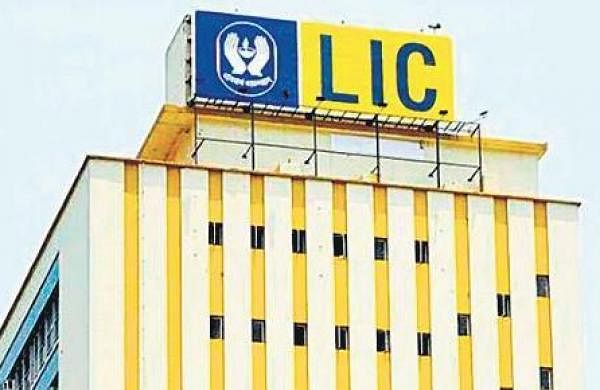Madras HC rejects plea against amendments enabling LIC's disinvestment plan – The New Indian Express

CHENNAI: The Madras High Court has rejected a PIL plea challenging the amendments made in the Finance Act and LIC Act, which enabled the central government to disinvest its stakes in the Life Insurance Corporation of India.
The first bench of Chief Justice MN Bhandari and Justice D Bharatha Chakravarthy was dismissing the petition from L Ponnammal, a policy-holder with the insurance behemoth who contended that the subject matter would not fall within the definition of Money Bill.
The amendments were introduced by the Money Bill under Article 110 of the Constitution, though the same did not fall within the said category, she added. “There is no constitutional illegality in the Parliament having amended the Life Insurance Corporation (LIC) Act by way of a Money Bill for floating an Initial Public Offering (IPO) and parting with its shareholding in the corporation to raise Rs 65,000 crore to Rs 70,000 crore initially to the Consolidated Fund of India,” the bench said.
Rejecting the petitioner’s contention, the bench said that a challenge to the Finance Act of 2021, through which the LIC Act was amended, could not be accepted in the absence of a challenge to a certificate issued by the Lok Sabha Speaker classifying the Finance Bill 2021 as a Money Bill.
The Speaker’s decision should be treated as final as per Article 110(3) of the Constitution, unless a judicial review of it had been prayed for.
The issues related to payment or withdrawal of money either from the Consolidated Fund or Contingency Fund of India would fall under the definition of Money Bill and if any question arises as to whether a Bill was a Money Bill or not, the decision of the Lok Sabha Speaker would be final as per Article 110(3) of the Constitution.
The present case is not one where an allegation of constitutional fraud has been made. “Even otherwise, we do not find constitutional bar or illegality in the Act of 2021. It is more so when the Parliament, endowed with plenary powers, had passed the Bill and the Standing Committee on budget had approved it after scrutiny and due diligence,” the Bench said.
“In any case, the petitioner, who is a policyholder having a policy worth Rs 50,000 is questioning the receipt of money approximately in the range of Rs 65,000 crore to 70,000 crore into the Consolidated Fund of India on account of the IPO,” the bench said.
“The intrusion or inference to the implementation of a public interest policy by way of legislation should be eschewed as it directly impacts the economic growth of the country and interference therein may have far reaching consequences because the money is to be used for the development of the country,” the bench said and dismissed the PIL,” it added and dismissed the PIL.
LIC had, on February 13, filed the draft red herring prospectus (DRHP) for LIC IPO. SEBI had earlier given the approval to the draft papers, paving the way for the share sale.
The government was expecting to garner over Rs 60,000 crore by selling about 31.6 crore or 5 per cent shares in the life insurance firm to meet the curtailed disinvestment target of Rs 78,000 crore in the current fiscal.


